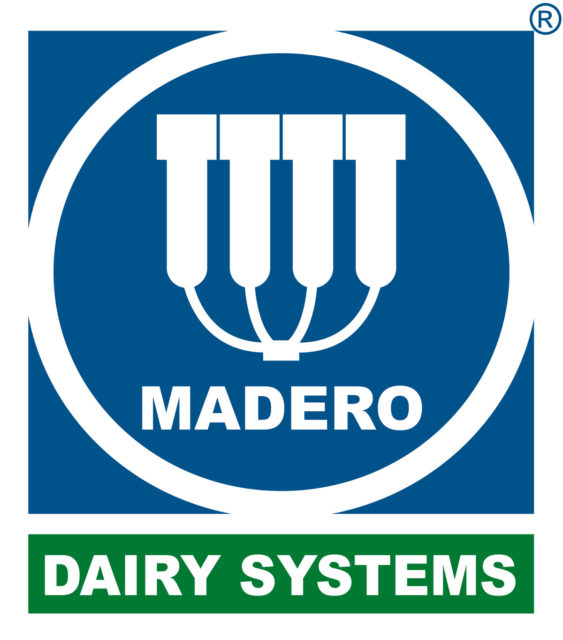Like many of us in agriculture, my career journey includes a lifelong commitment and passion for the industry.
The Cliff Notes version of my story goes like this: I grew up on a small dairy farm. Then, I studied animal science at college and began a career in the agricultural support sector. A few years later, I got married to my college sweetheart, and we are now on his family dairy farm.
I’m grateful for my life in agriculture and can’t imagine a career not connected to this industry. But I’ve come to realize the journey for others into today’s agriculture industry is much more diverse than the fairytale story that I’ve experienced.
For some, maybe a high school job on a farm grew into something more. For others, perhaps an interest in science or technology somehow led them to the agriculture sector. There are endless possibilities for how a person may have found their way into agriculture. While many different paths may lead someone to our industry, we are all connected in the mission of providing safe, wholesome food across our communities, country and world. Our industry would not be possible without people, including the 2% of the population who work directly on farms and the approximately 10% of workers involved in the agricultural support and food sectors.
When we think about workforce recruitment and development in our industry, we oftentimes think about the labor needed on farms. Yes, we do need workers to milk cows, operate harvesting equipment and pick fruits and vegetables. However, the agricultural industry is much more than just the production side. We are all part of a greater food system that goes well beyond our farm. What if there wasn’t a milk truck driver to pick up the milk from your farm? Or what if there wasn’t the appropriate workforce at the processing plant? It is the responsibility of all of us to recruit the next generation of workers in agriculture and the related industry.
Agriculture career awareness in middle schools and high schools can play a critical role in helping students explore a future in agriculture. There are many organizations focused on creating this awareness and developing future leaders, with FFA and 4-H leading the way. Still, there is more work to be done, particularly in schools in more suburban and urban areas.
Some schools are even exploring how to integrate agriculture at the elementary level, exposing students at an early age to the importance of agriculture and the possibilities that exist within the industry. My local school district is one of these schools that has added agriculture as a special class, so all students are exposed to agriculture once a week. It’s an amazing opportunity for students and even my kids, who are farm kids, love to learn about new aspects of agriculture.
Incorporating agriculture into the curriculum can be a powerful way to provide exposure to students, but we can also build awareness through our own contacts, one conversation at a time. A discussion with a middle school-aged niece or nephew who lives in the city or providing a farm experience for one of your children’s friends may be all it takes to help them see a future for themselves in one of the hundreds of careers associated with the agriculture or food industry.
Together as an industry, we must:
- Excite others about everything that agriculture entails, from farm to fork and everything in between.
- Educate them on the impact they can have. No matter where their interests lie, there is a career path where they can use their skills and talents to gain fulfillment and be a part of a vital industry.
- Encourage and support them along the way in whatever their chosen career field is.
As a mother of two elementary-aged children, I often think about what their future careers may be. Will they want to continue our family dairy farm? Will they work in the agricultural support industry? Or will they pursue career interests outside of agriculture?
As of today, my son wants to be a farmer during the week and NASCAR driver on the weekends, and my daughter seems to have a different chosen career path every time I ask her. Who knows where they may end up. I can’t deny that I hope they will consider a career within agriculture, helping to fill the job openings that will certainly exist 15 years from now. However, most importantly, I want them to do something they are passionate about.
Just as I pursued a career that leveraged my talents to support this industry I love, my dream for them is to find a career where they find happiness and success. Agriculture is already a part of who they are, and I will support them wherever life takes them.











